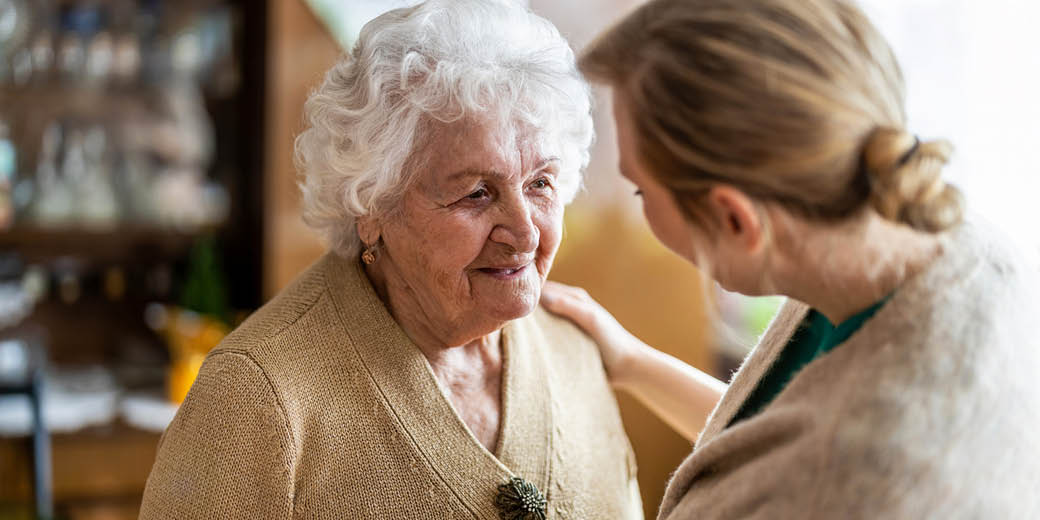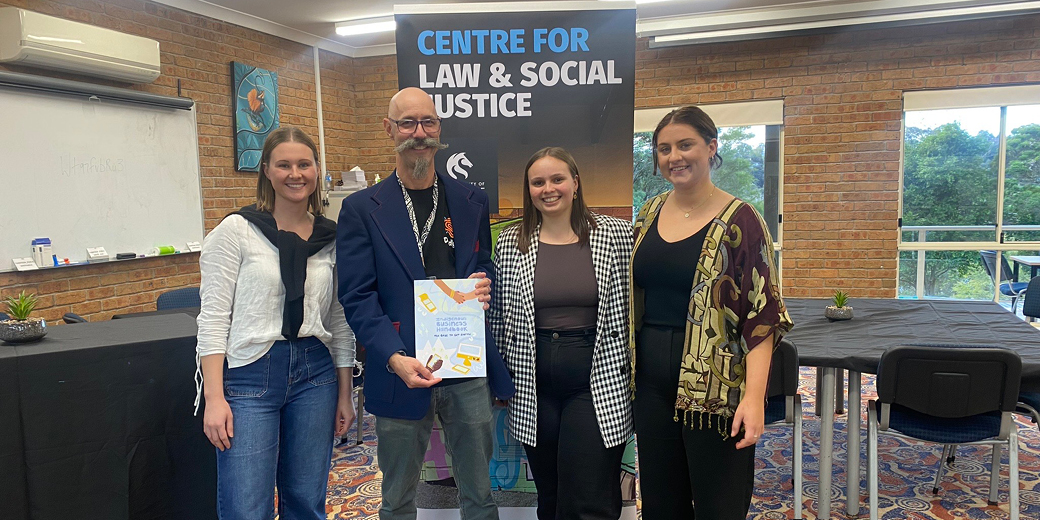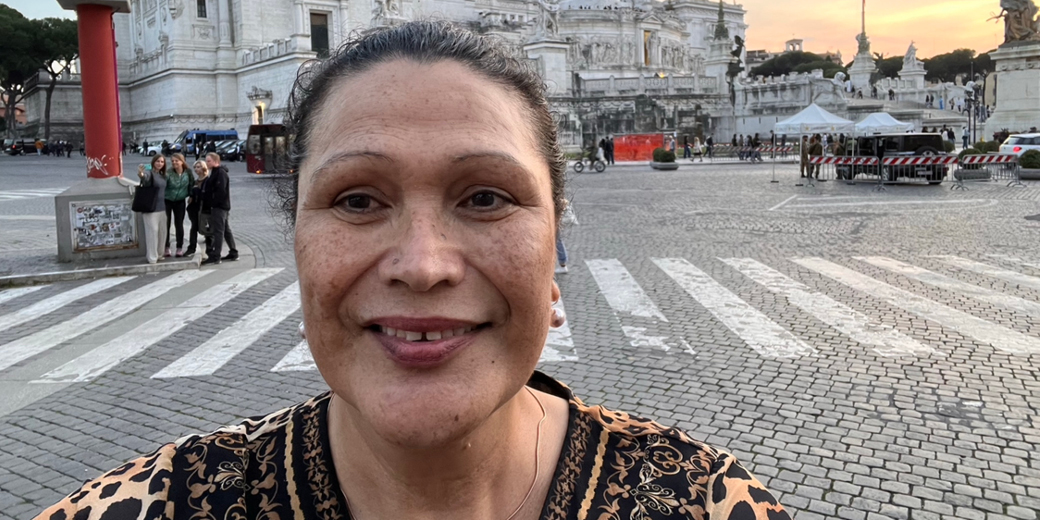See More (10)
10 results showing for '[]'
10 results showing for '[]'

Supporting Neurodivergent Children: A Guide for Family Lawyers
While divorce and separation are difficult for any child, for children with neurodivergent needs, these transitions can present their own set of challenges. The College sat down with Kathryn Schuck, Principal of Inclusive Family Law and Mediation, to delve into effective strategies family lawyers can employ to advocate for these children and navigate the complexities of custody agreements.

How to work with Neurodivergent Clients: Strategies for Lawyers
Working with neurodivergent clients can present unique complexities. From communication barriers to navigating sensory sensitivities, lawyers must possess a specialised skill set to effectively represent these individuals. The College delves into proven strategies that build trust and foster clear communication with Kathryn Schuck, Principal of Inclusive Family Law and Mediation.

Navigating Age Discrimination In The Law With Tile Imo
Bias and age-based discrimination remains an issue in the workforce, despite legal protections. In this article, we delve into the intricacies of age bias claims with Tilé Imo, Associate Director of Caxton Legal Centre. We explore the evolving legal landscape, effective strategies for litigating age discrimination cases, and the emerging trends that lawyers need to be aware of to best serve their clients.

Kyiesha Faulkner: How the Indigenous Business Handbook is transforming lives
Starting a business is never easy. What step should you take first? How do you negotiate the ins and outs of your legal requirements if you’re not a lawyer? Even for a seasoned lawyer these steps are complicated…And what if you also face unique cultural considerations and complexities?

How human rights lawyer Nawid Cina saved over 100 lives
Nawid Cina managed to evacuate more than 100 vulnerable women and children from Australian-run orphanages in Afghanistan when the Taliban took control in 2021. The orphanages were run by Mahboba Rawi’s Australian charity Mahboba’s Promise, the Australian connection put the women and children living at the orphanages at significant risk from the Taliban. A graduate of the College of Law, we spoke to Nawid to learn more about his human rights work and to gain his legal and career insights.

An extraordinary story of diversity and inclusion: In-house counsel & advocate Ymania Brown
A lawyer, a corporate executive, a global human rights campaigner, a mother, a grandmother and trans woman – meet Ymania Brown. She has not only led impressive corporate and advocacy careers, but her personal story is extraordinary. The College of Law talks to Ymania Brown about those experiences and asks for her critical thinking on how we can improve diversity and inclusion in the Australian legal system.

The state of gender equity in the Australian legal profession
The milestone of Justice Jayne Jagot’s appointment to the High Court and a female majority for the first time in history masks hidden inequities across Australia’s legal profession. The College of Law looks into the realities of gender inequality that persists across Australia’s legal profession.

How to talk about disability in the workplace and improve inclusivity in law
Working in law is competitive at every level let alone for those with a disability. Improving inclusivity, and at the most basic level improving the way we talk about disability in the workplace, is something the legal sector needs to actively address.

Free anti-harassment training launched by The College of Law and International Bar Association
The International Bar Association, The College of Law Australia and The Legal Policy & Research Unit have collaborated to develop a set of e-learning modules designed to assist individuals and organisations make the changes recommended by the 2019 landmark report Us Too? Bullying and Sexual Harassment in the Legal Profession.

